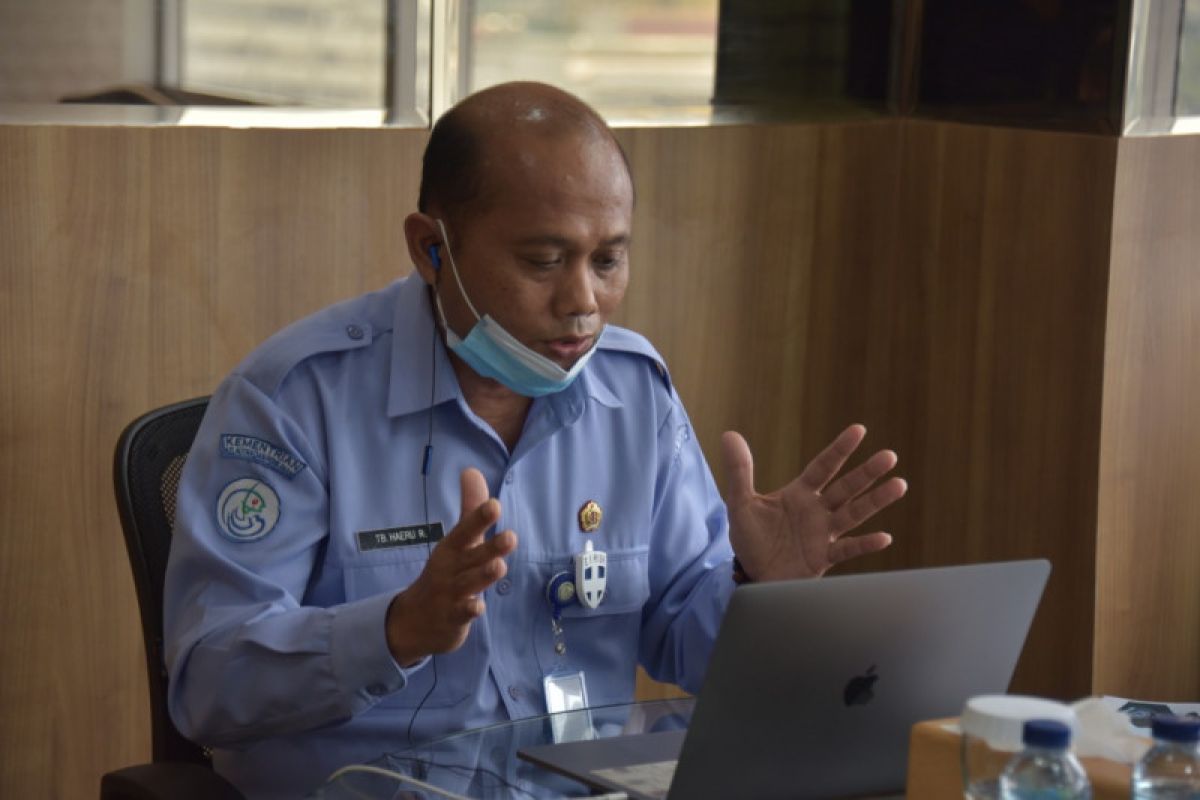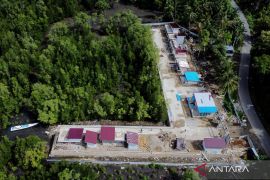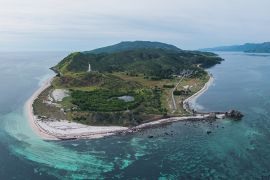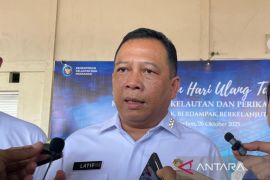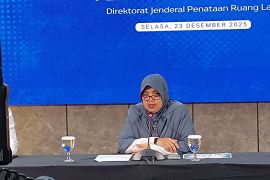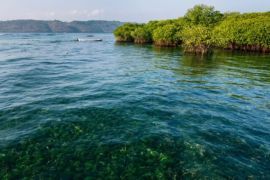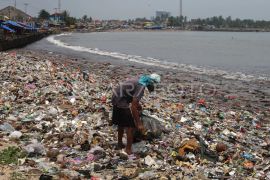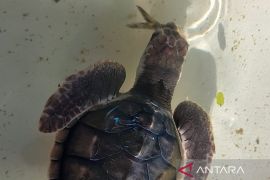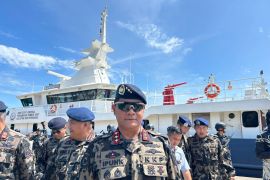"This is done to anticipate that a similar incident (such as stranding of many pilot whales on Madura Island) will not happen again in the future," the ministry's Director General of Marine Space Management Tb Haeru Rahayu said in a statement here on Sunday.
The study is in accordance with an instruction of Marine Affairs and Fisheries Minister Sakti Wahyu Trenggono to preserve marine animals for the welfare of the nation and future generations.
Besides, marine mammals are endangered animals which have been given protection status nationally and internationally.
Indonesian waters are one of the migration routes for marine mammals such as whales, dolphins, and dugong in the world. Of the existing 90 types of marine mammals in the world, 35 of them are found in Indonesia.
"One of the threats to marine mammals in Indonesia is marine mammals that strand themselves on Indonesian beaches time to time," he said.
Data of the ministry's Directorate of Conservation and Marine Biodiversity (KKHL) show that there were 103 marine mammals stranded themselves in 2015, 255 in 2016 , 143 in 2017, 154 in 2018, 142 in 2019, and 107 in 2020.
Related news: W Sumatra's Pieh Island declared sea mammal conservation area
This year, during the January-February period, 66 marine mammals were found stranded. They included 52 pilot whales that stranded themselves on Patereman beach, Modung, Bangkalan, Madura Island, East Java, recently.
He explained that speed and accuracy in handling every stranded life incident is very important and has a major impact on the safety of these marine biota.
"Knowing the causes of stranding marine mammals is very important for future management. Therefore, I invite experts from Unair (Surabaya-based Airlangga University), IPB (Bogor Agriculture University), WSI (Whale Stranding Indonesia), RASI (Rare Aquatic Species Indonesia), and Flying Vet to discuss this phenomenon," he explained.
RASI Conservation Foundation biologist Danielle Kreb said efforts to reveal the existence of marine mammals are very important for the balance of marine ecosystems, as marine mammals provide a very important ecological contribution to the ecosystem on earth and humans who use or associate with these biota.
Meanwhile, Whale Stranding Indonesia (WSI) researcher Putu Lisa Mustika said that in general there are 11 causes of stranded marine mammals, namely trapped in low tide, disease, predation, noise, fishing activity, being hit by ships, marine pollution, seabed earthquakes, extreme weather, algae blooming, and solar storms.
Meanwhile, IPB lecturer Adriani Sunudin said the Madura Strait is an ideal protected habitat for marine mammals. Based on oceanographic data, at the time of the incident the water conditions tended to be cool due to the influence of extreme rain throughout Java, Sumatra, and Kalimantan, and with low salinity conditions.
Based on the pathology approach, Unair researcher Bilqisthi Putra said among causes of marine mammal deaths are emation, dehydration, sun burnt, and respiratory stress.
Related news: Indonesia welcomes foreign partners in marine biodiversity research
Translator: Fardah Assegaf
Editor: Rahmad Nasution
Copyright © ANTARA 2021
